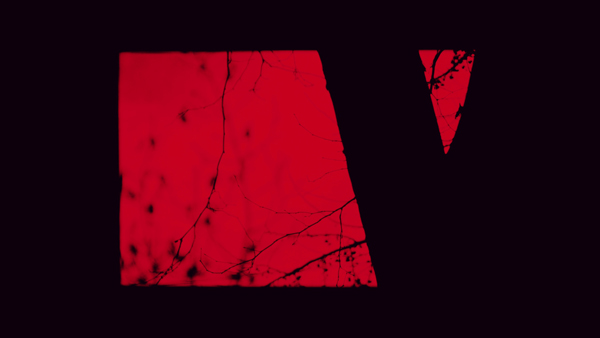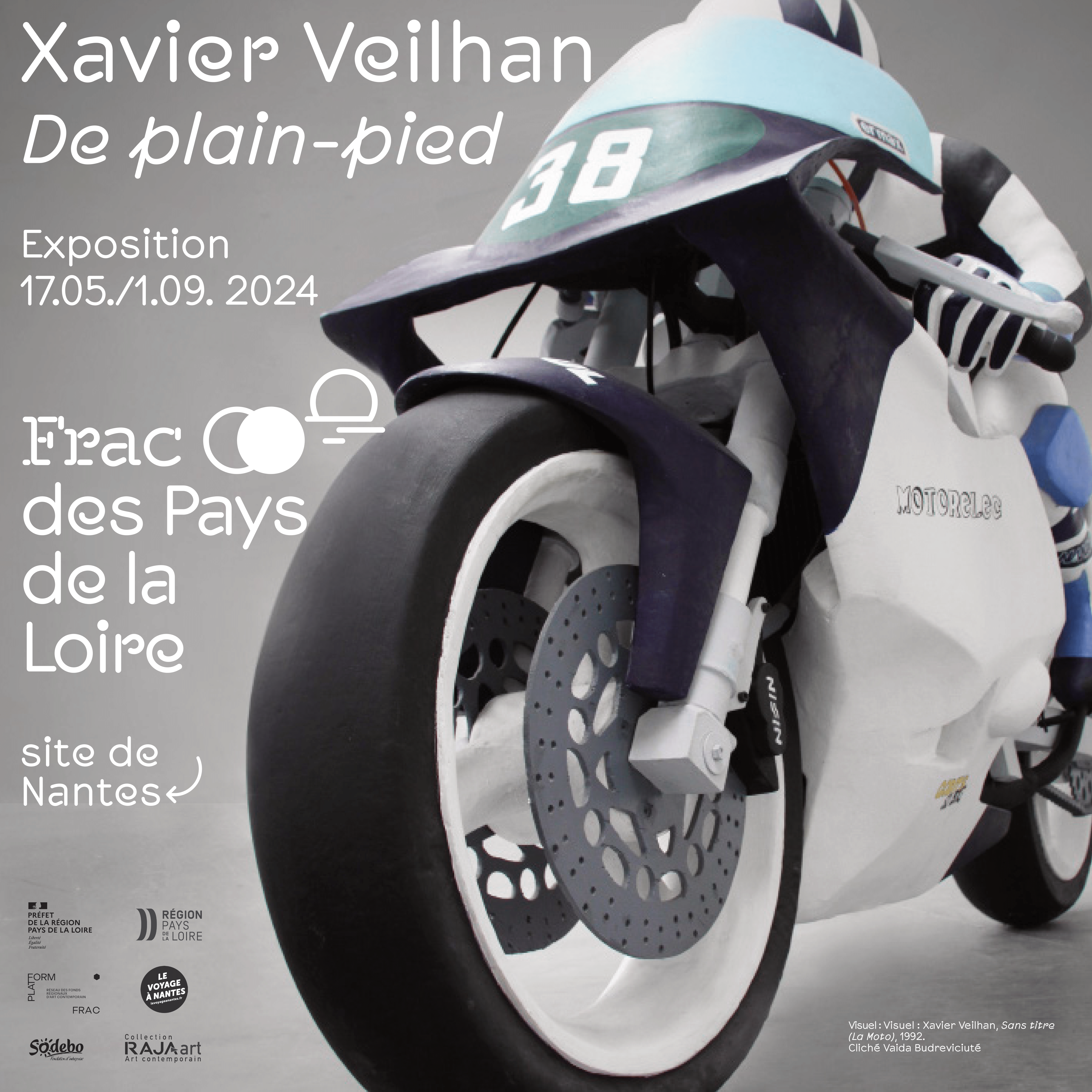Anri Sala, Pathétique télépathie : une ville assiégée par la musique

Rien ne saurait l’arrêter, elle file, belle et brune, dans les rues de Sarajevo, la ville ne lui résiste pas, elle avance à bout de souffle, s’arrête à chaque carrefour, prend son élan et traverse en courant à n’en plus pouvoir. Les balles sifflent, parfois un corps s’affaisse… On ne sait si l’héroïne du dernier film d’Anri Sala est soumise au siège ou simplement à son fantôme. Tout ce que l’on comprend, c’est d’où lui vient cette énergie que la caméra capte en plan-séquence : de la musique qu’elle chantonne pour se donner courage. Car, un peu plus loin dans la ville, son orchestre l’attend. Comme elle dans sa tête, il joue la symphonie Pathétique de Tchaïkovski, en contre-champ à la traversée de la ville par sa violoniste. Un dialogue télépathique se compose ainsi au fur et à mesure de 1395 Days (durée du siège) entre des musiciens qui, pour résister à l’ennemi, n’ont plus que leur âme. Ni fiction, bien qu’il se construise sur le suspense du montage alterné, ni documentaire, bien qu’il témoigne mieux que tout du quotidien des assiégés de Sarajevo, ce film est une parabole qui prolonge d’autres opus du plasticien albanais. À commencer par Long Sorrow, dans lequel le saxophoniste Jemeel Moondoc jouait en haut d’un building berlinois et faisait vibrer l’horizon de la ville. Répondant à une même ambition, tous empruntent une même construction qui permet à Anri Sala d’inventer un objet filmique d’un nouveau type : pour lui, il s’agit de « faire jouer l’architecture » : « J’aime à mettre une idée, un espace, sous l’influence du monde, pour les “mettre en fréquence” par le biais du son et de la musique. La musique est pour moi une manière de prolonger la possibilité de ces architectures si décriées qui ont rencontré une impasse, des grands ensembles à l’aéroport de l’architecte nazi Albert Speer, où j’ai également tourné ». On pourrait considérer ces œuvres comme les différents temps d’une symphonie filmique qui, plutôt que de témoigner du monde, le « fait entrer en vibration ». Projeté en octobre dernier à Beaubourg, 1395 Days était alors accompagné d’un orchestre invité sur scène. En ouverture et en conclusion, les musiciens venaient poser leur point d’orgue sur le film et nous faisaient entrer physiquement dans ce dialogue qu’Anri Sala a mis en scène entre musicienne et grand ensemble : ces derniers mots saisis dans toutes leurs acceptions.

Anri Sala 1395 Days Without Red, 2011. Vidéo couleur HD, son surround 5.0, 43 min. 45 s. / HD color video, surround sound. En collaboration avec / In collaboration with Liria Begeja ; d'après un projet de / from a project by Šejla Kameric and Anri Sala, en collaboration avec / in collaboration with Ari Benjamin Meyers.
Pathetic Telepathy: a City Besieged by Music
Nothing can stop her, she dashes, beautiful and brown, through the streets of Sarajevo. The city puts up no resistance to her. She goes forward out of breath, stopping at every crossroads, gets a second wind and runs across them, until she can go no further. Bullets whistle, sometimes a body collapses… We don’t know whether the heroine of Anri Sala’s latest film is subject to the siege or simply her ghost. The only thing we do understand is where she’s getting this energy from, which the camera captures in sequence shots—music that she hums to pluck up her courage. Because a little further on in the city, her orchestra awaits her. Just like she does in her head, it is playing Tchaikovsky’s 6th symphony, the ‘Pathétique’, a reverse shot to the city being crossed by its violinist. A telepathic dialogue thus gradually comes into being with 1395 Days (the length of the siege) between musicians who have nothing other than their souls with which to withstand the foe. This film, which is neither fiction, even though it may be constructed upon the suspense of alternated editing, nor documentary, even if it describes, better than anything else, the daily round of the people under siege in Sarajevo, is a parable which is an extension of other works by this Albanian visual artist. Starting with Long Sorrow, in which the saxophonist Jemeel Moondoc played on top of a Berlin building and made the city’s skyline vibrate. Tallying with one and the same ambition, they all make use of a similar construct which enables Anri Sala to invent a new type of filmic object: for him, what is involved is “getting the architecture to act”: “I like putting an idea, a space, under the influence of the world, to “put them on the same wavelength” by way of sound and music. For me, music is a way of prolonging the potential of these forms of architecture which are so disparaged and have come up against an impasse, from large complexes to the airport designed by the nazi architect Albert Speer, where I’ve also filmed.” It might be possible to see these works as the different tempos of a filmic symphony which, rather than attesting to the world, “makes it vibrate”. Screened last October at Beaubourg, 1395 Days was accompanied by an orchestra that was invited on stage. By way of overture and conclusion, the musicians put their pause to the film, and brought us physically into this dialogue which Anri Sala has staged between musician and orchestral ensemble—with these last words being understood in all their accepted meanings.
- Partage : ,
- Du même auteur : Haris Epaminonda, Sven Augustijnen, The Host and the Cloud, Pierre Huygue, Marie Voignier,
articles liés
Céleste Richard Zimmermann
par Philippe Szechter
Julien Creuzet
par Andréanne Béguin
Anne Le Troter
par Camille Velluet

